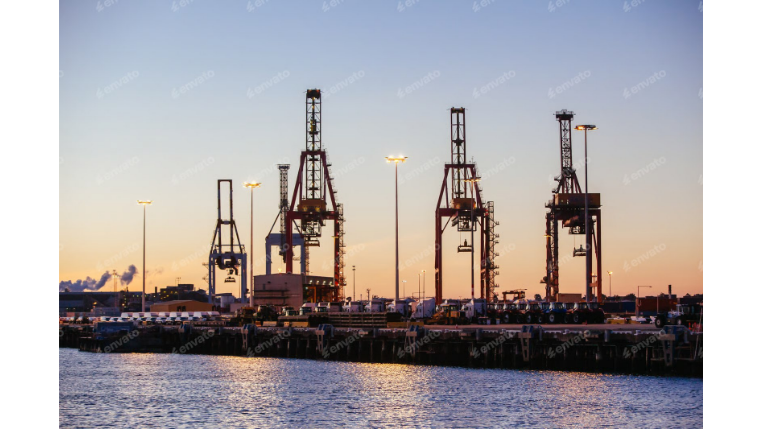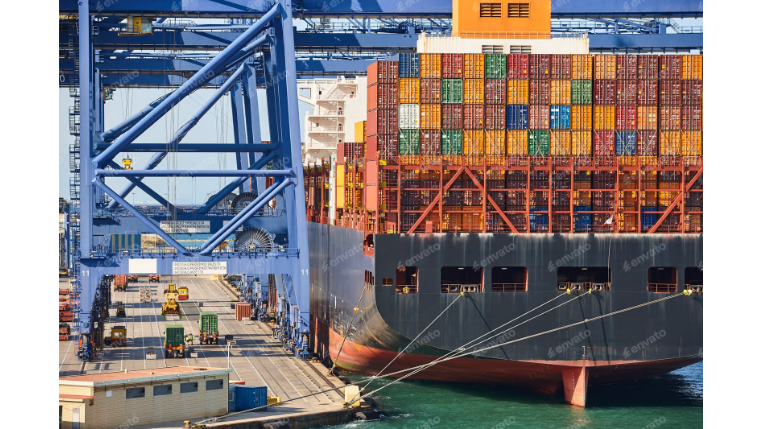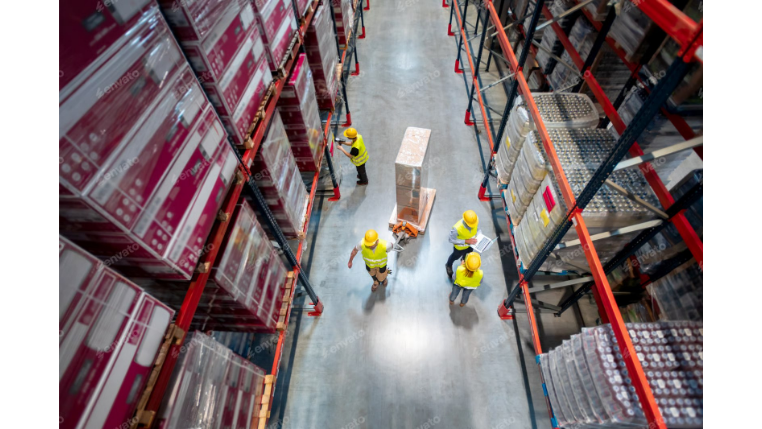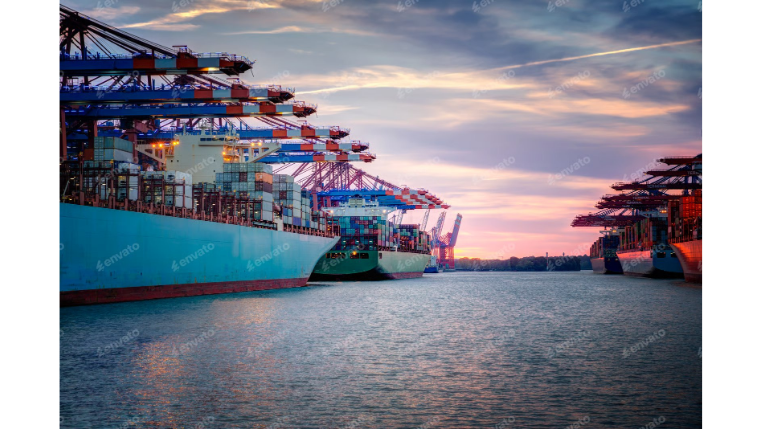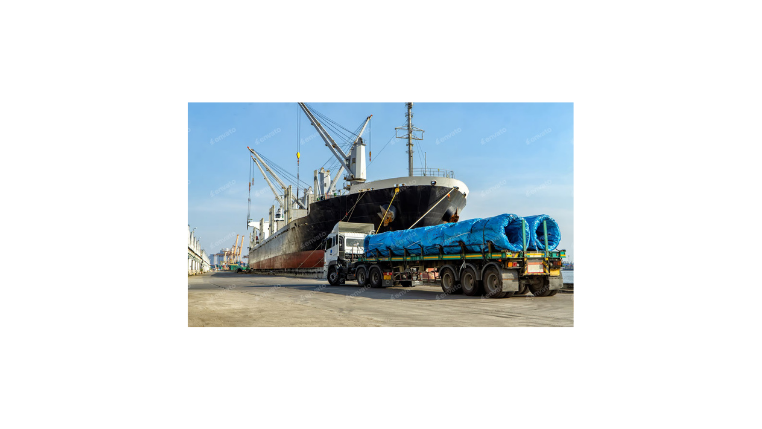Explore how real-time tracking technologies are transforming the logistics industry, enhancing operational efficiency and customer satisfaction.
The Evolution of Tracking Technology in Logistics
The logistics industry has witnessed a significant transformation in the way shipments are tracked. From the days of manual logs and sporadic updates, tracking technology has evolved to offer granular visibility into the transportation process. This evolution began with simple barcode scanning and has advanced to the use of GPS, RFID tags, and IoT devices, enabling stakeholders to monitor the exact location and condition of their goods in real-time.
This technological progression has not only streamlined operations but has also reduced the chances of cargo theft, misplacement, and other discrepancies. As a result, logistics companies can now offer more reliable and transparent services to their customers, setting new standards in the industry.
Key Benefits of Real-Time Tracking for Logistics Companies
Real-time tracking systems offer a myriad of benefits to logistics companies, including enhanced operational efficiency, improved customer service, and increased transparency. With these systems in place, companies can optimize routing, reduce wait times, and proactively respond to any in-transit delays or issues. This leads to a more streamlined supply chain with the ability to make dynamic adjustments based on real-time data.
Moreover, real-time tracking empowers customers with valuable information about their shipments, thus improving customer satisfaction and trust. By knowing the exact location and estimated time of arrival (ETA) of their cargo, clients can plan their inventory and sales strategies more effectively.
Integrating Real-Time Tracking with Other Technological Innovations
Integrating real-time tracking with other technological innovations such as AI, machine learning, and advanced analytics is taking logistics operations to new heights. By combining tracking data with predictive analytics, companies can anticipate delays and optimize their supply chain. AI algorithms can be used to detect patterns and suggest the most efficient routes, while machine learning can improve the accuracy of ETAs over time.
Additionally, the integration of real-time tracking with automated warehousing systems and robotic process automation (RPA) in logistics can further enhance productivity and reduce human error. The synergy of these technologies creates a robust, data-driven environment that underpins decision-making and strategic planning.
Challenges and Solutions in Implementing Real-Time Tracking Systems
Despite the clear advantages, the implementation of real-time tracking systems comes with its own set of challenges. One major challenge is ensuring the interoperability of different technologies and platforms across the supply chain. To combat this, companies are increasingly adopting standardized protocols and working with technology providers that offer flexible and compatible solutions.
Another challenge is the handling and analysis of the vast amounts of data generated by tracking systems. Logistics companies must invest in robust data processing capabilities and skilled personnel to leverage this data effectively. Additionally, concerns about data security and privacy need to be addressed with strong cybersecurity measures and compliance with relevant regulations.
The Future of Logistics: Predictions and Emerging Trends
The future of logistics is poised to be shaped by continuous technological innovation. Real-time tracking will become even more precise with the advancement of satellite technology and the increasing use of drones for delivery and tracking. Blockchain technology is also expected to play a pivotal role in enhancing the transparency and security of the supply chain.
Furthermore, as autonomous vehicles and electric trucks become more prevalent, real-time tracking systems will integrate with these technologies to facilitate seamless, environmentally friendly, and cost-effective logistics operations. With the relentless pace of technological advancements, the logistics industry is set to become more efficient, resilient, and customer-centric.
If you want to stay ahead of the curve in the logistics industry, it's crucial to leverage the right tools and technologies. At Modaltrans, we offer comprehensive solutions that help you manage and streamline every aspect of your logistics operations.
Ready to take the next step? Request a free demo and see how our platform can transform your business. For more information, visit our website. Let's make logistics smarter, together.


